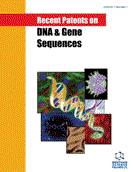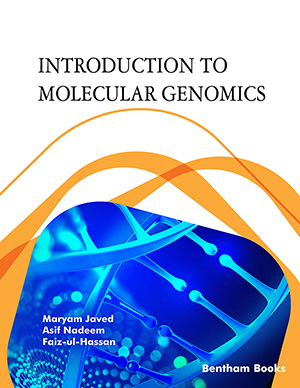Abstract
Autosomal dominant spinocerebellar ataxias (SCAs) are a complex group of debilitating and neurodegenerative diseases that affect the cerebellum and its main connections and characterized by a generalized incoordination of gait, speech, and limb movements. In general, the onset of SCAs occurs during adult life and shows great clinical heterogeneity. Currently, the mutations responsible for different types of SCAs have been localized in different regions of the genome, and most of them were already mapped and cloned. Several pieces of evidence suggest that all these diseases share the same molecular mechanism and physiopathological processes. CAG trinucleotide expansion is a common mutational basis of several of these disorders. An expanded polyglutamine tract may become a toxic product when located within the coding region of the gene. The SCA genes, recent patents and the molecular aspects of these disorders are presented in this review. Our knowledge of the molecular mechanisms of SCAs is rapidly expanding, and the development of important studies is bringing hope for effective therapies.
Keywords: Spinocerebellar Ataxia, SCA genes, trinucleotide repeats, CAG repeats, molecular analysis, polyglutamine, polyQ disease, neurodegenerative diseases, patents, clinical heterogeneity, pentanucleotide, hexanucleotide repeat, Huntington's Disease, polyglutamine expansions (polyQ)
 15
15











